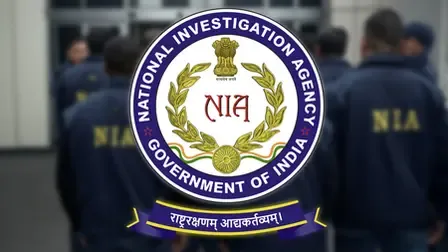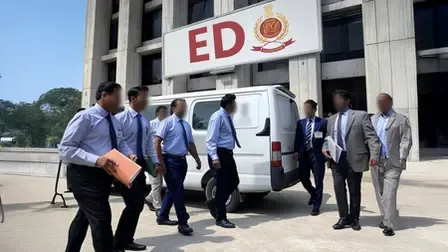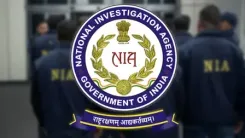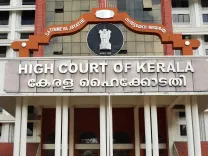How Can Punjab Strategize to Prevent Future Floods?

Synopsis
Key Takeaways
- 59 lives lost due to floods.
- 3,200 schools affected.
- Need for a strategic plan to prevent future disasters.
- Call for check dams in catchment areas.
- Urgent government support needed for rehabilitation.
Chandigarh, Sep 26 (NationPress) Following the devastating floods that struck the state, Punjab Education Minister Harjot Singh Bains addressed the Legislative Assembly on Friday, emphasizing the catastrophic impact that resulted in 59 fatalities. He called for a forward-thinking strategy aimed at preventing future disasters and ensuring the rehabilitation of affected individuals.
Bains raised significant concerns regarding the operations of the Bhakra Beas Management Board (BBMB) and criticized the misleading narratives propagated by the Opposition to politicize this natural calamity.
During a special session of the Vidhan Sabha, he urged the Opposition to prioritize the well-being of citizens rather than political agendas.
He stressed the severe repercussions of the floods, which have resulted in loss of lives, destruction of homes, and substantial losses in the agricultural sector, severely impacting the state's economy.
Bains pointed out that the true toll of the disaster is even greater, with additional casualties caused by secondary issues such as snake bites and isolation due to disrupted transport links in inundated regions.
Additionally, he highlighted the immense pressure on public infrastructure, with over 3,200 schools affected and more than 1,300 classrooms rendered unusable.
“Five lakh acres of crops have been ruined. Punjab's economy, which relies on these crops, is at a standstill. The women, who were once particular about cleanliness in their homes, now see their courtyards filled with mud,” he lamented.
Bains sharply criticized the BBMB, referencing a misleading statement made by its Chairman in the High Court.
He presented technical data from the Central Water Commission's April 24 report, indicating alarming water storage deficits in Punjab's key reservoirs (44.85% below normal) and Himachal Pradesh reservoirs (40.60% shortfall).
Despite the critical water shortages, he noted that the BBMB attempted to divert Punjab's allocated water to Haryana, even as the water level at the Bhakra Dam fell dangerously low to 1,555 feet, threatening the operations of the powerhouse.
Addressing the Gobind Sagar reservoir, Bains questioned, “It’s shocking that the BBMB cannot provide data on the extent of siltation in the Bhakra dam's reservoir, which was designed to last 100 years. How many years does it have left -- 10, 15, or even less?”
He called for the establishment of an expert committee to evaluate the reservoir's capacity, sedimentation, and structural integrity, ensuring a thorough assessment of this critical dam.
Bains underscored the necessity of constructing check dams in the catchment areas to mitigate sudden influxes of water, a recommendation previously made in BBMB reports but unfortunately ignored.
“We need a meaningful dialogue on climate change and infrastructure readiness. It’s vital to examine our dams and catchment areas and implement proactive strategies to prevent such tragedies in the future,” he asserted.
“It has been 10 days, and our Chief Minister Bhagwant Singh Mann has yet to receive any communication from the Prime Minister, who seems to find time for roadshows in other states. Now is the time for the Centre to empathize with and understand Punjab's plight,” Bains urged, calling on the Central government to offer immediate aid to the flood-affected areas of Punjab and adopt a bipartisan approach to tackle these urgent concerns.









